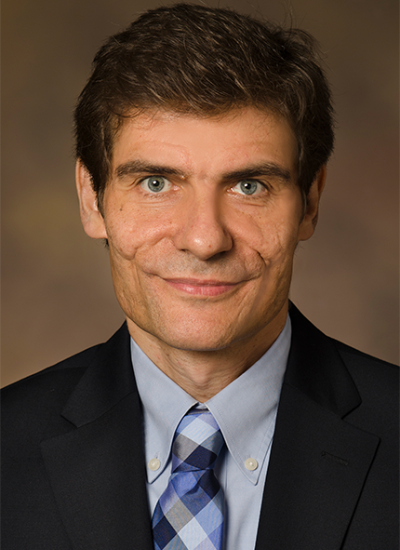Chen, Y., Vasquez, M. M., Zhu, L., Lizarraga, R. E., Krutzsch, M., Einspahr, J., Alberts, D. S., Di, P. Y., Martinez, F. D., & Guerra, S. (2017). Effects of Retinoids on Augmentation of Club Cell Secretory Protein. American journal of respiratory and critical care medicine.
BIO5 Collaborators
Yin Chen, Stefano Guerra
Vasquez, M. M., Hu, C., Roe, D. J., Chen, Z., Halonen, M., & Guerra, S. (2016). Least absolute shrinkage and selection operator type methods for the identification of serum biomarkers of overweight and obesity: simulation and application. BMC medical research methodology, 16(1), 154.
BIO5 Collaborators
Zhao Chen, Stefano Guerra, Chengcheng Hu
The study of circulating biomarkers and their association with disease outcomes has become progressively complex due to advances in the measurement of these biomarkers through multiplex technologies. The Least Absolute Shrinkage and Selection Operator (LASSO) is a data analysis method that may be utilized for biomarker selection in these high dimensional data. However, it is unclear which LASSO-type method is preferable when considering data scenarios that may be present in serum biomarker research, such as high correlation between biomarkers, weak associations with the outcome, and sparse number of true signals. The goal of this study was to compare the LASSO to five LASSO-type methods given these scenarios.
Lange, P., Celli, B., Agustí, A., Boje Jensen, G., Divo, M., Faner, R., Guerra, S., Marott, J. L., Martinez, F. D., Martinez-Camblor, P., Meek, P., Owen, C. A., Petersen, H., Pinto-Plata, V., Schnohr, P., Sood, A., Soriano, J. B., Tesfaigzi, Y., & Vestbo, J. (2015). Lung-Function Trajectories Leading to Chronic Obstructive Pulmonary Disease. The New England journal of medicine, 373(2), 111-22.
BIO5 Collaborators
Stefano Guerra, Fernando Martinez
Chronic obstructive pulmonary disease (COPD) is thought to result from an accelerated decline in forced expiratory volume in 1 second (FEV1) over time. Yet it is possible that a normal decline in FEV1 could also lead to COPD in persons whose maximally attained FEV1 is less than population norms.
Ledford, J., Addison, K., Guerra, S., Rojas Quintero, J., Owen, C., Martinez, F., & Kraft, M. (2016). “Club cell secretory protein deficiency leads to altered lung function in naïve mice. Journal of Allergy and Clinical Immunology.
Anto, J. M., others, ., Guerra, S., others, ., & Xu, C. (2016). Mechanisms of the Development of ALLergy (MeDaLL): Introducing novel concepts in allergy phenotypes. Journal of Allergy and Clinical Immunology.


